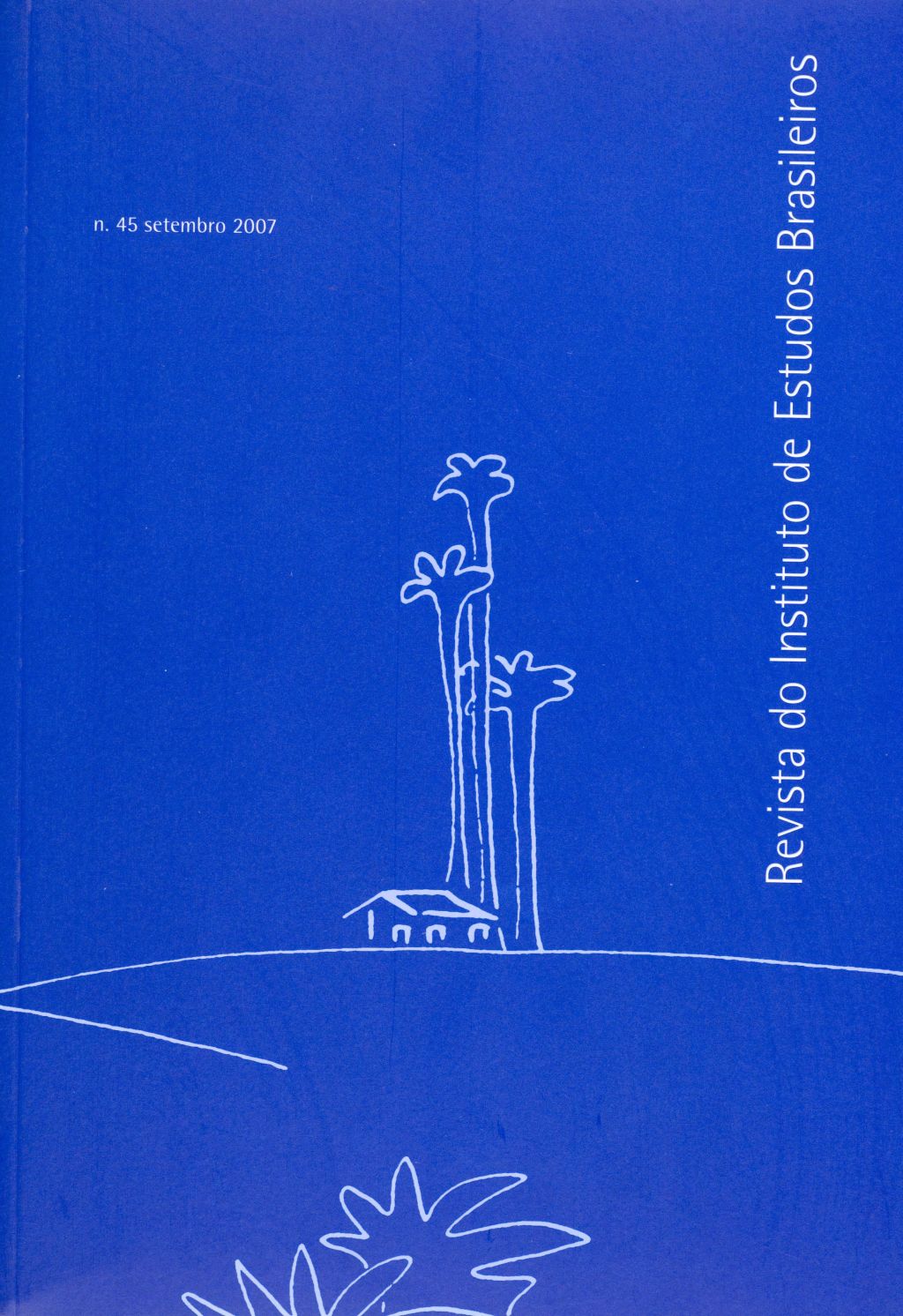Regina Gomide Graz: modernism, textile art and gender relations in Brazil
DOI:
https://doi.org/10.11606/issn.2316-901X.v0i45p87-106Keywords:
Regina Gomide Graz, textile art, gender, modernism, art déco, sociology of artAbstract
This article addresses how the discipline of art history is pervaded by gender issues, particularly in respect to textile works of art, which are traditionally less valued due to their association with craftsmanship and means identified as 'feminine in nature'. This case enlightens how historically, the discipline is based upon a hierarchy of objects, construed by categories that transcend the limits of what is 'purely aesthetic'. The life and work of Regina Gomide Graz - who introduced modern textile arts in Brazil - allows us to reflect upon the origins of categories of value (in the discipline of art history) and the way in which women artists were able to, concretely, negotiate positions within the modernist artistic circle, by dealing with diverse forms of social injunctions, such as the restrictions posed by artistic partnerships, and the consequent sexual division of labor, as well as socially widespread discourses on what constituted a 'feminine' art.Downloads
Download data is not yet available.
Downloads
Published
2007-09-01
Issue
Section
Articles
License
- Todo o conteúdo do periódico, exceto onde está identificado, está licenciado sob uma Licença Creative Commons do tipo atribuição CC-BY.
How to Cite
Simioni, A. P. C. (2007). Regina Gomide Graz: modernism, textile art and gender relations in Brazil . Revista Do Instituto De Estudos Brasileiros, 45, 87-106. https://doi.org/10.11606/issn.2316-901X.v0i45p87-106



